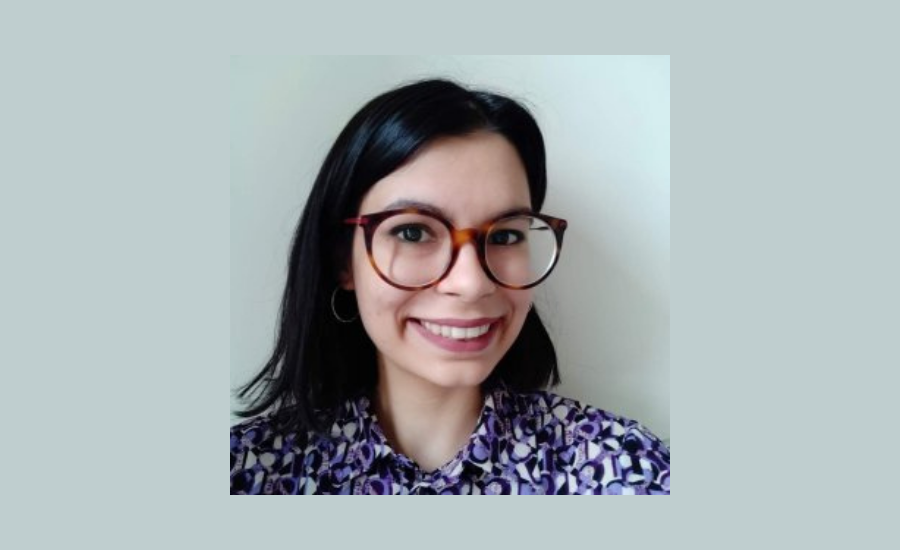
Tell us about your current research
I’m currently working on my PhD with Gwen Knight in CMMID and Tim McHugh in the Centre for Clinical Microbiology, UCL. I’m investigating how resistance diversity affects the evolution of resistance in Mycobacterium tuberculosis, but I’m approaching this in an interdisciplinary style by combining mathematical modelling and microbiology.
How did you first become interested in TB and AMR?
I originally studied physics before coming to LSHTM. While I enjoyed physics, I wanted to be able to use my mathematical skills in a field I thought would be able to directly benefit people. This led me to opening the door on using mathematical modelling for infectious diseases, and to my current PhD project!
I have since developed a keen interest in TB and the resistance dynamics of the bacteria causing the disease. I am particularly keen on bridging the gap between TB and AMR research and policy, as I often feel they can be quite separate, when the two subjects do overlap and could benefit much from each other.
Describe your career journey so far
I completed my Master of Physics at the University of York, which included a year in Germany. Following this I wanted to see how I could use physics outside of academia, so I worked in an engineering firm as an acoustic consultant and in an education charity. But I realised my true love was, and always will be science. So, I set to return to academia to complete a PhD, but not in physics. I joined the London Interdisciplinary Doctoral Training Programme (LiDo) which allowed me to complete rotations in any of the six (at the time) partner universities. It wasn’t long before I found my niche in my current role. Unfortunately, this was February 2020. But my fantastic supervisor got me involved in some COVID-19 work, which really showed me the value of the work CMMID do. I was lucky enough to get three publications (on AMR and COVID-19, COVID-19 transmission settings and COVID-19 hospital bed occupancy) out of this.
As part of my funding, I needed to complete a placement, which I did in the Vaccine against AMR team at the WHO. I spent three months supporting the team including designing and carrying out an expert opinion survey on the health and economic burden of some bacterial pathogens. I am currently still engaged with this team and am excited to see how policy comes together.
What are your goals for the future?
My first and foremost goal is to complete my PhD and be happy with what I can achieve with it. I am halfway through the story, I want to see how it finishes!
My second goal is more long-term, I would like to be able to influence policy or work in policy. I would love to continue working on TB, but I also would love to continue down the AMR path.
Thirdly, if I can help make science and/or academia more inclusive and mindful areas to work in as I go along, I’d be very happy.
What’s your favourite thing about working at LSHTM?
This is a difficult one to answer due to the pandemic, but despite that you can really feel a strong sense of community at LSHTM. It feels like a research institute with the strong focus on public health and epidemiology. So, you have a great combination on strong science in a friendly environment.
Do you have any advice or tips for other early career researchers?
Be true to yourself.
Don’t be afraid to talk to people.
Be honest with others.
How can people get in contact with you?
Email: Naomi.fuller@lshtm.ac.uk
Twitter: @naomimfuller
Our postgraduate taught courses provide health practitioners, clinicians, policy-makers, scientists and recent graduates with a world-class qualification in public and global health.
If you are coming to LSHTM to study an intensive master's degree or distance learning programme (PG Cert, PG Dip, MSc or individual modules) starting in 2024, you may be eligible for a 5% discount on your tuition fees.
These fee reduction schemes are available for a limited time only.
